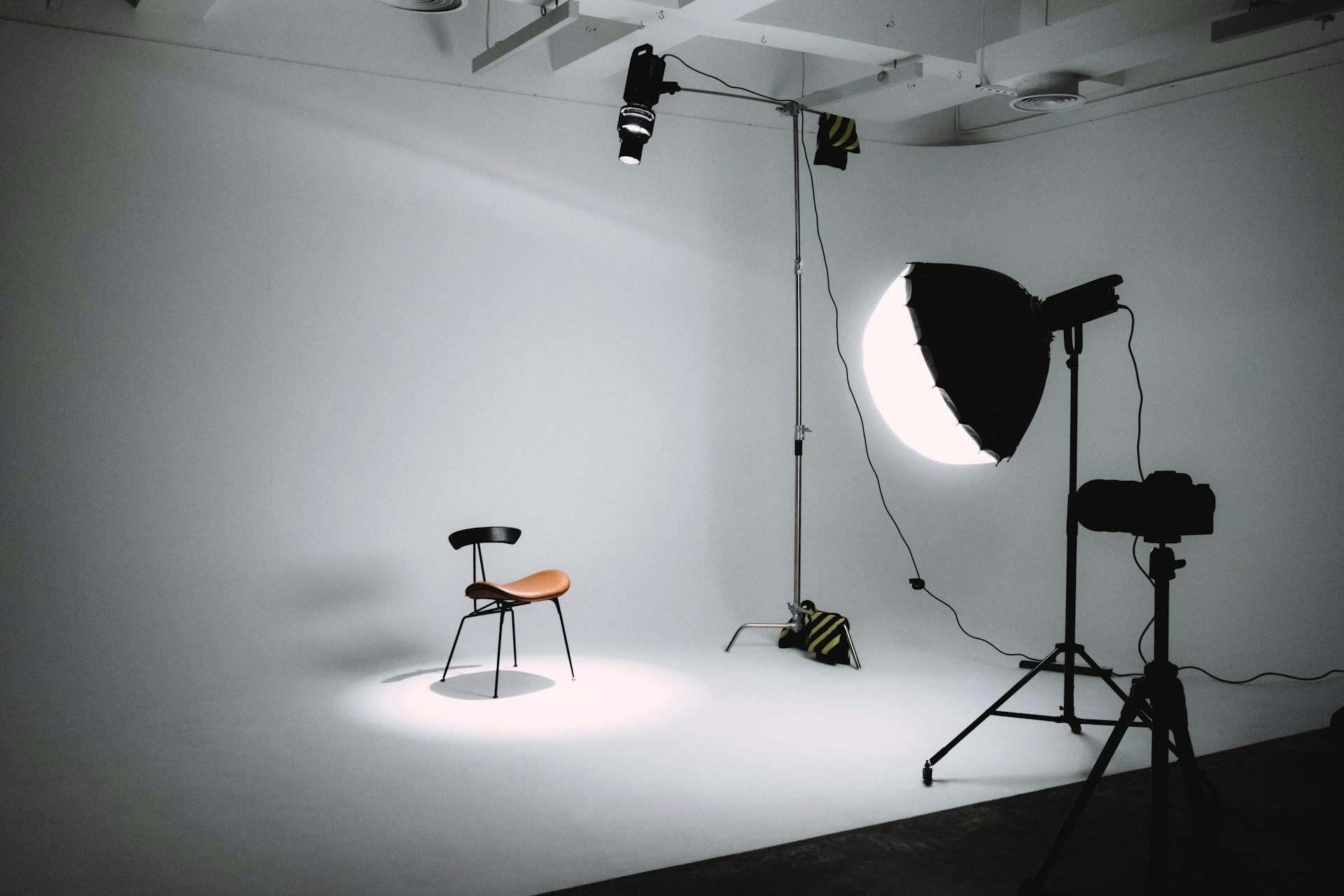
Have you ever taken what you thought was a good selfie—bright lighting, cute filter—and then felt weird afterward because your skin looked totally different in real life? You’re not alone. Social media filters, ring-light glow, even just filtered Instagram / TikTok photos can mess with how we see our skin—and can mess with how we feel about it too.
In this post, we’ll explore how filters and lighting affect your skin confidence (not your actual skin), share ways to make peace with them, and show how Facely’s products can help you keep real, healthy skin – whether that glowing selfie-light or just a chill window glow.
| Thing | What Filters / Good Lighting Do | What Reality Looks Like |
|---|---|---|
| Smoothness / Texture | Blurs pores, evens out skin tone, shadows/fine lines get softened | Your skin has real texture: pores, fine lines, maybe redness or blemishes—totally normal |
| Brightness / Glow | Light source (ring lights, daylight filtered) makes skin look radiant, no shadows | Light can be harsh, cast shadows, highlight unevenness |
| Colour & Tone | Filters might warm up or cool tones, smooth out colour, remove redness or spots | You might see redness, spots, undertones more clearly |
It’s totally okay. Filters don’t “fix” your skin—they just alter what’s visible. Real skin is beautiful.
Comparison: If you only ever see filtered photos, you might feel like your skin needs to match that—but it rarely does in real life.
Expectations: Filters set an “unrealistic standard” that’s hard to live up to.
Highlighting insecurities: If you already feel self-conscious about spots, pores, scars—filters can either mask them (which might feel like relief) or make you more critical when you look without them.
Limit exposure to ultra-filtered content if it makes you feel worse.
Flip between filtered & unfiltered photos of yourself to see the contrasts—and recognise how much lighting / filter are doing the work.
Use natural light for selfies: window light, early morning/evening “golden hour” is more flattering—and more honest.
Don’t erase what makes you, you. Freckles, texture, pores—these are part of your face.
Build a skin confidence routine: whatever your skin’s doing, treat it with kindness.
Because when we feel good in real life, not just in filters, it shows. Here’s how some of Facely’s range support skin + confidence:
Squeaky Clean Cleanser – Gently cleans without stripping. Good skin starts with clean, balanced skin. Facely
Spotless Spot Gel – Put wherever you get blemishes. Filters might hide them—but this helps your skin heal overnight. Facely
Clean Slate Clay Mask – Use once or twice a week. Helps calm redness, draw out impurities. Great for “resetting” your skin. Facely
Solve It Serum / moisturisers – Hydration is key. If skin is well-moisturised, texture looks smoother and skin reflects light more evenly (less shadow in pores etc.). Pair with products like Facely the Day SPF 50 UVA Moisturiser to protect your skin—even from indoor lighting or window light that still has UV. Facely+1
Here’s a little challenge you might enjoy:
For one week, take two selfies each day: one with a filter / perfect lighting, one in more natural light (no filter).
Compare them—not to judge, but to see what changes. What do you like in each? What feels more “you”?
Use one of Facely’s hydrating / calming products (cleanser + moisturiser / serum) that day, and note how your skin looks more in the natural light after a few days/weeks.
Filters, lighting, social media—these aren’t going away. But learning how they affect your perception—and pairing that with a kind, consistent skincare routine—can help you feel more confident in your skin. Not the filtered skin, but the one that’s real, right now.
You deserve skin that feels good and looks good, even without a filter. And Facely’s right here to help with products that support skin health—not hiding.
Share :